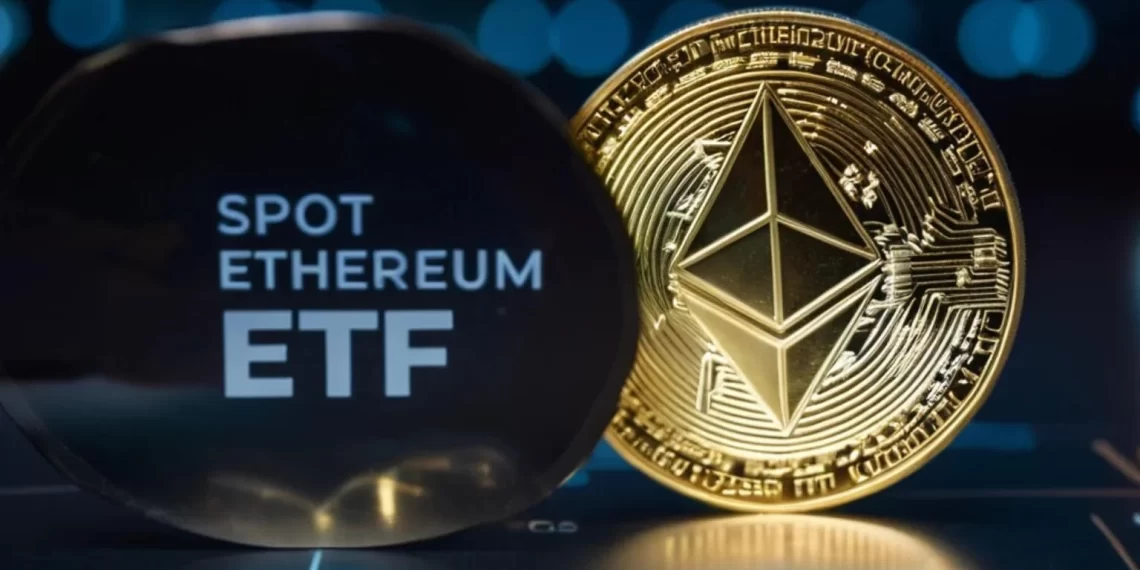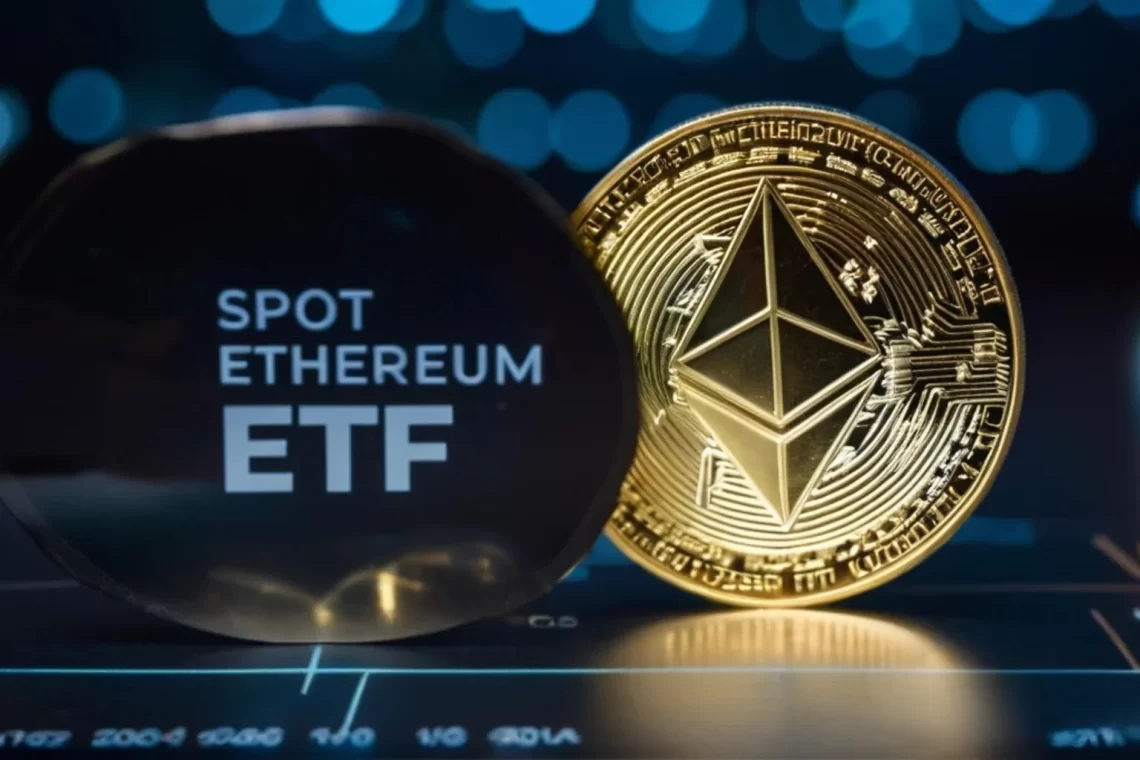ETF Store President Nate Geraci offers his predictions for the week ahead as the Ethereum ETF decision nears.
Before spot Ethereum ETFs can trade on Wall Street, the SEC must approve both S-1 registration statements and 19b-4 amendments.
Approval of Spot Ethereum ETH
The spot Ethereum ETF will trade like equities on stock markets, with Ether as its underlying asset, to our knowledge. However, before they can trade on exchanges, the SEC has to approve their S-1 and 19b-4 forms.
SEC decision deadline this week on spot eth ETFs…
SEC must approve both the 19b-4s (exchange rule changes) & S-1s (registration statements) for ETFs to launch.
Technically possible for SEC to approve 19b-4s & then slow play S-1s (esp given reported lack of engagement here).
— Nate Geraci (@NateGeraci) May 19, 2024
When requesting regulatory changes or new product launches, national securities exchanges like NYSE or Nasdaq file Rule 19b-4 with the SEC.
The SEC must approve the exchanges’ papers before listing Ethereum ETFs. Through this process, the exchange is asking for authorization to include these new Ethereum products in their trading platforms.
The first registration form needed for newly offered securities to the public is the S-1. It gives the SEC and investors comprehensive details on the company’s commercial activities, financial situation, and management. This document describes the management, structure, and strategy for replicating Ethereum’s performance in ETFs.
For the ETFs to be sold to the general public, the SEC must approve the 19b-4 filings and the S-1 registration forms. Usually, the SEC has 45 days under the statute—a period that can be extended to 240 days—to render a preliminary determination about the 19b-4 filings. Exchanges can list the ETFs after the 19b-4s are approved. However, the ETFs cannot be sold to investors lawfully without the S-1s’ clearance.
Possibility of a Delay
The approval of the S-1s may take a while, even if the U.S. SEC authorizes the 19b-4s. This implies that the regulator may take longer to examine and accept these documents. The regulator may adopt a cautious stance due to the complexity and hazards of crypto products, evident in issuers’ and SEC’s disengagement.
The decision regarding the Ethereum ETF holds significant implications. Firstly, its approval could enhance Ethereum’s widespread adoption. Moreover, it offers investors a regulated avenue for investment. Conversely, a delay or rejection could signal enduring regulatory concerns. This might impact perceptions regarding Bitcoin’s security and stability.
The price of Ethereum has partially recovered to $3,100 over the past weekend as the decision approaches.

























